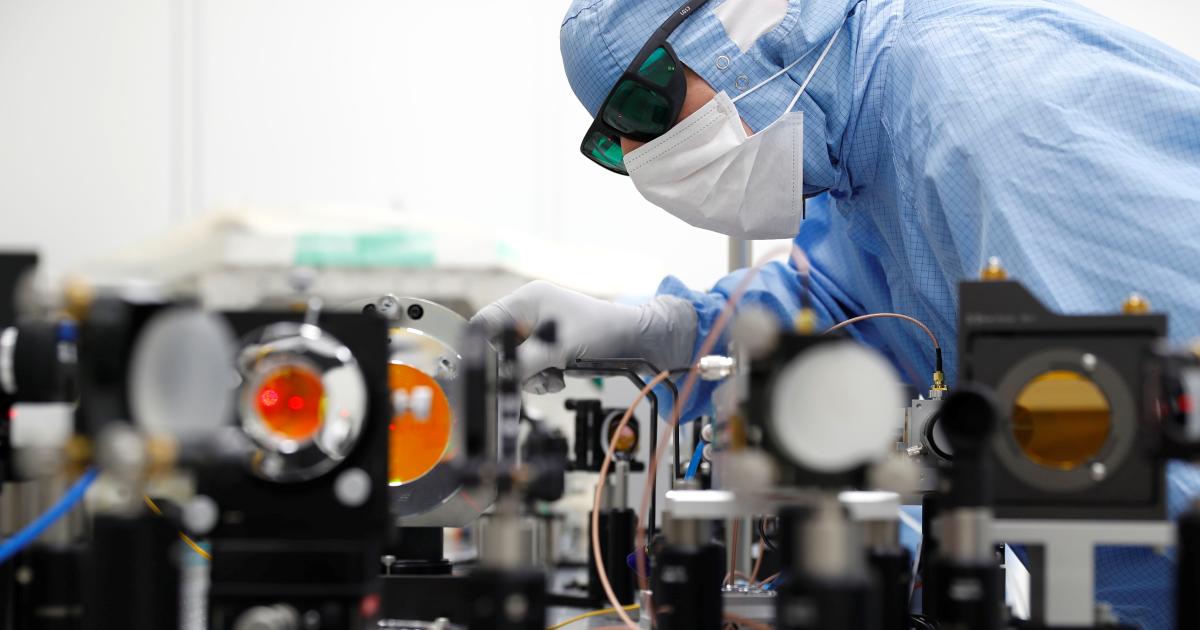
The United States has made continual efforts to limit China’s chip production, but it might not do much good. China plans to launch a fund in hopes of bolstering its semiconductor industry, Reuters reports. The state-backed endeavor is the third from the China Integrated Circuit Industry Investment Fund and aims to raise 300 billion yuan ($41 billion). The previous two funds raised 138.7 billion yuan ($19 billion) in 2014 and 200 billion yuan ($27 billion) in 2019.
About 60 billion yuan ($8 billion) is expected to come from China’s finance ministry. The other contributors aren’t yet known, though past backers included China Telecom and China National Tobacco Corporation. Much of the fund itself will specifically focus on creating instruments for chip manufacturing.
The news comes only a few days after Huawei, a Chinese electronics company, announced its new smartphone, the Mate 60 Pro, complete with homegrown chips. Huawei partnered with chipmaker Semiconductor Manufacturing International Corp (SMIC) to create a new Kirin 9000s chip, according to a report from analysis firm TechInsights. SMIC’s high-level 7nm technology appears to provide the Mate 60 Pro with download speeds beyond those seen in typical 5G phones.
The entire Mate 60 Pro announcement and subsequent proof of its power stands in direct contrast to the efforts made by the US, Japan and the Netherlands to restrict China’s chip access and limit their production abilities. As recently as August, President Biden signed an executive order further limiting investments in Chinese firms working with technology like semiconductors. Previous restrictions have specifically targeted Huawei, including a January ban on licenses for exporting US tech to the Chinese company.













